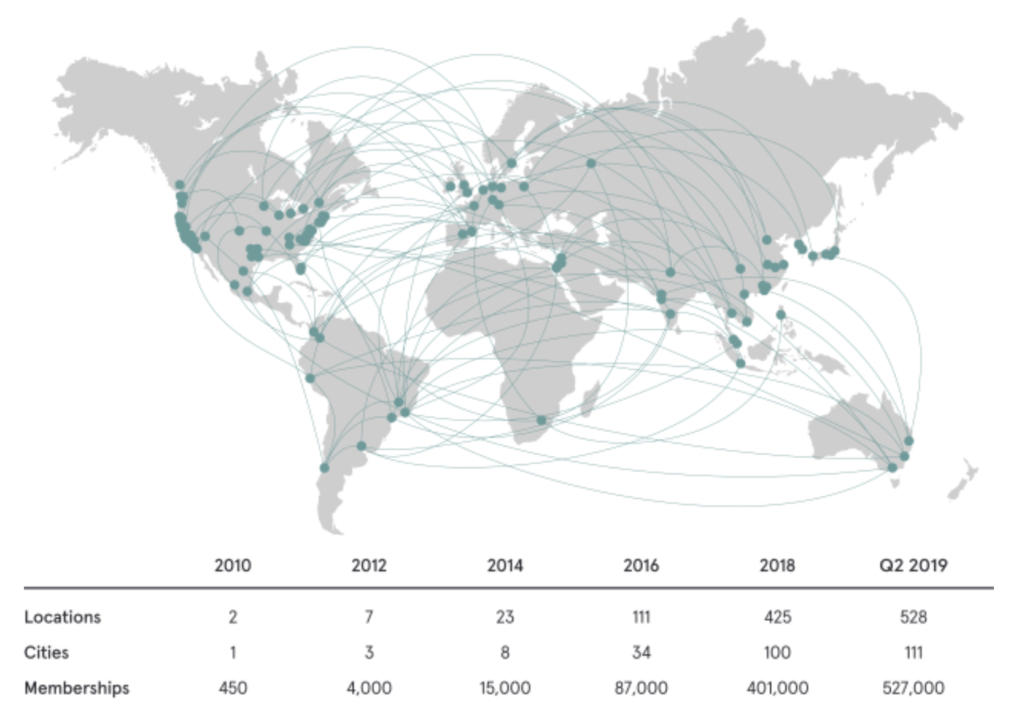To be effective at work, give your best, and not burn out, you need to learn to say “no”. Now if it were as easy as saying “no”, you wouldn’t be reading this. 🙂 Given that, here’s some good advice on how to say no at work without saying no.
I’d add that you want to get to say “yes” as much as possible. However, you want to say “yes” in such a way that doesn’t cause you to be ineffective, burnout or quit. That’s no good for you or your employer. To do that, say “yes” in a reasonable context. Instead of starting by saying “no, I can’t do that this week”, trying saying “yes, I can do that next week / month / etc”. Saying “yes + better alternative” is one way to get to yes for both parties.
That said, sometimes you will have to just say no. Remember, when you say yes to One Thing you are often implicitly saying no to Other Things. Make those Nos more effective.
As an aside, you could always say Yes and then never do it, like Mel Brooks did! But I don’t advise that. 🙂

Speaking of say “no”, here’s a piece on bosses who promise jobs with a coveted perk: Boundaries. Two things on that. One, boundaries are a good way of saying No in advance. Two, boundaries are more common than the WSJ lets on. Your salary is a boundary. Your office situation is a boundary. Scope statements, terms and conditions in contracts, and agreements: all are boundaries. Boundaries are important for EVERY aspect of your work. Don’t let anyone tell you different. Boundaries make work better for everyone. Make sure the people you work with respect them. Go work elsewhere with other people if they don’t (thereby establishing a new boundary).
In other business links, here’s more on quiet quitting, which is a passive way of saying no. And here’s a very sophisticated mute button, which seems related. 🙂
(Image: link to page on Austin Kleon’s blog)

 I’ve
I’ve  Zoom — yes, that Zoom — was in the news lately due to their mandate forcing people to work in the office.
Zoom — yes, that Zoom — was in the news lately due to their mandate forcing people to work in the office.  I really like this piece by Dave Karpf on how
I really like this piece by Dave Karpf on how 

 It’s been a tumultuous time when it comes to the current workplace, or at least business writers think so.
It’s been a tumultuous time when it comes to the current workplace, or at least business writers think so. 
















